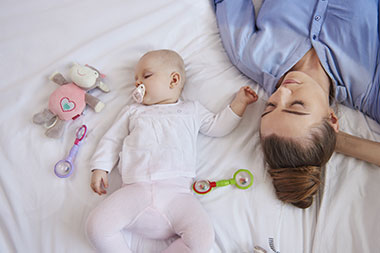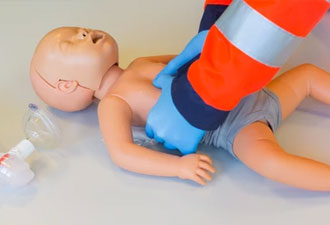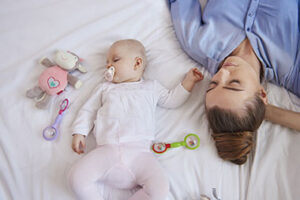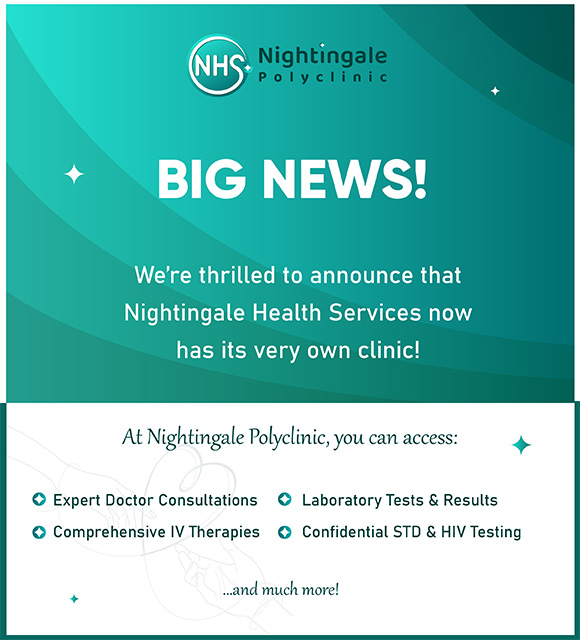WHAT ARE SIDS CAUSES & RISK FACTORS
Sudden Infant Death Syndrome (SIDS) or cot death is the unexpected death of healthy newborns or infants under 12 months of age, which remains unexplained despite extended investigations including necropsy, death scene examination and medical history study.
Now-a-days, Sudden Infant Death Syndrome is one of the main reasons of death among children less than one year old, especially those who are between 2 and 4 months. In most cases, death occurs quickly and during sleep time.
As for the causes lying behind SIDS, they are still unclear and uncertain. Yet, there are many risk factors increasing the exposure of some babies to SIDS, let’s have a look at the most important ones:
Brain abnormalities
Some babies are born with abnormalities, in a part of the brain that controls breathing and consciousness during sleep, and that’s what makes them more prone to SIDS than their peers.
It is to be noted that brain damages are caused by babies’ exposure to poisonous substances or lack of oxygen whilst in the womb.
Accidents after birth
Babies’ exposure to some accidents after birth, such as lack of oxygen, excessive carbon dioxide intake, overheating and infections, may negatively affect their breathing and lead to their sudden death. It is to be noted that some of these accidents may occur while babies are sleeping on their stomach.
Immunity disorders
An increase in the number of cells and proteins in babies’ bodies may lead to their sudden death, as some of these proteins can affect the brain and speed up the heartbeat and breathing rate during sleep. And the result: Eternal deep sleep!
Metabolic disorders
Some babies may die without showing prior signs, if they suffer from metabolic disorders that will prevent their bodies from processing fatty acids, the build-up of which could lead to sudden disruption in breathing.
In addition, there are other environmental factors to increase the likelihood of Sudden Infant Death Syndrome, such as:
- Baby sleeping on the stomach
- Baby sleeping on a soft mattress and a bed with loose cover
- Baby co-sleeping with another child
- Covering baby with many blankets
- Mother smoking while pregnant
- Exposing baby to cigarette smoke after birth
- Premature birth or low weight birth
As you may have already noticed, some of the SIDS causes or risk factors are inevitable, while some others can be prevented, by not smoking during pregnancy, by not putting the baby on his/her stomach to sleep, not smoking around him/her and not overheating his/her room, etc. Caring for your newborn baby is very important.






